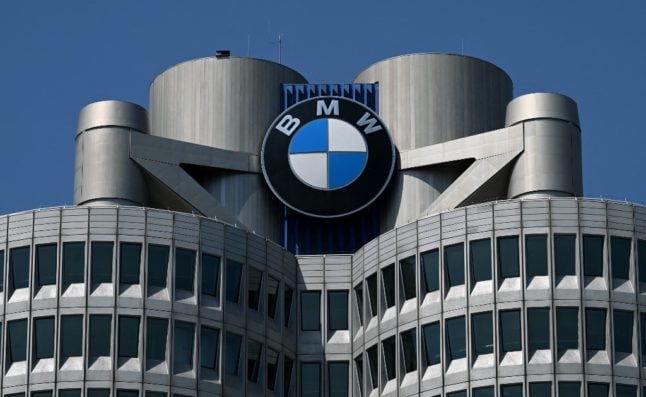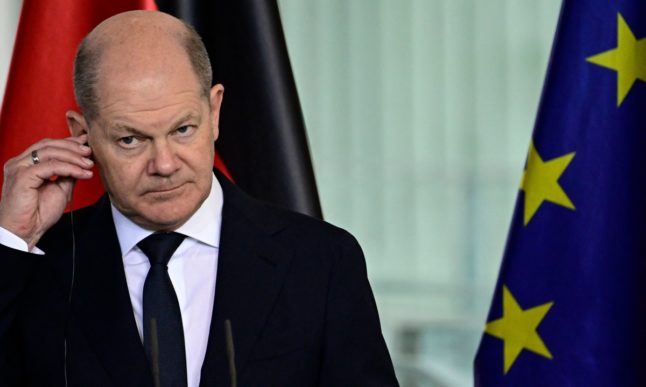Altogether, 600,000 units a year should roll off the line at the factory in Steyr under the investment plan, set to run until 2030, BMW said in a statement.
From 2025, BMW will “develop and produce the next generation of e-drives” at the Austrian site, BMW’s production chief Milan Nedeljkovic said.
The refurbishment of the plant will see two new production lines added and the location expanded by 60,000 square metres.
The new facilities would require €710 million in investment, while €230 million would be dedicated to boosting vehicle development at Steyr.
“Around half” the 4,400 employees at the site would be working on “e-mobility” by 2030, plant boss Alexander Susanek said.
The Bavarian manufacturer said it aimed to have two million electric vehicles on the road by 2025, promising 13 new electric models and a revamp of its Mini brand.
BMW has already said it will spend €400 million to upgrade its home factory in Munich to produce electric vehicles.



 Please whitelist us to continue reading.
Please whitelist us to continue reading.
Member comments